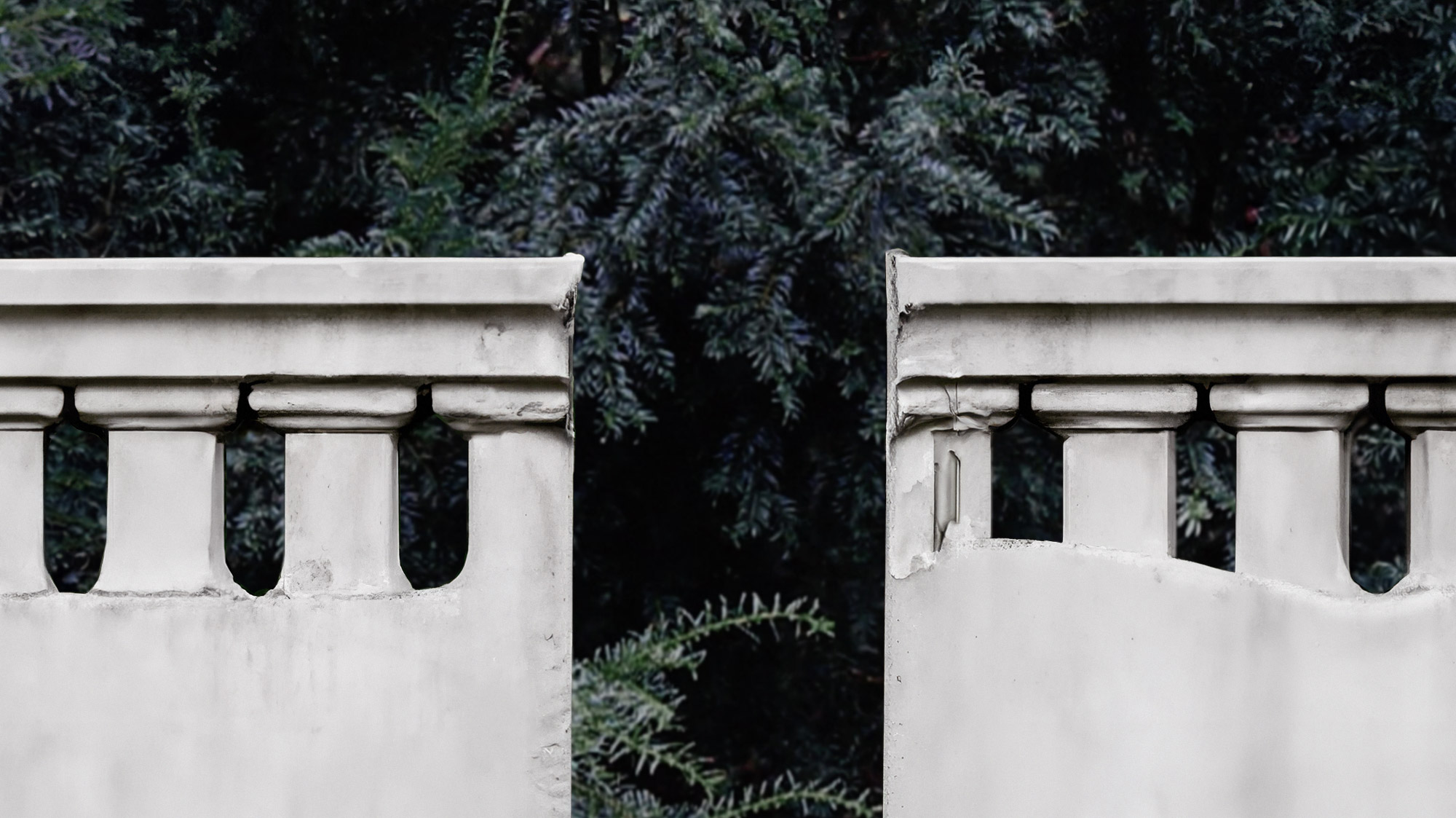Come and disrupt norms with us.

In a world where traditional galleries and high-end auction houses used to set rules and boundaries, we’re erasing them. At 0→1, we’re fueling a fresh narrative where art and possibility collide. We’re making art accessible, creativity democratic, and welcoming anyone who dares to dream. You have the potential to be ‘the one’ — the artist, the curator, the collector.
Forget doors and gates; join a global conversation on art, design, and culture. We’re not just a platform; we’re a dynamic independent community that serves as a hub for art and meaningful discussions.
Beyond a digital gallery, explore what fuels artists’ creativity. Browse our e-magazine, get to know the talent behind the works, and snag a unique piece from our carefully curated shop.
0→1 is more than art; it’s a call to action. Our annual ESC initiative invites you to mix ideas about art, technology, and the environment. Through these interactive dialogues, we aim to start conversations on sustainability and deepen our collective sense of humanity.
Discover art. Together.
🖤
David Bowen creates a world where nature and machines converge in captivating kinetic sculptures, transcending traditional mediums. He crafts experiences that translate the subtle whispers
Hanna Antonsson creates a distinctive artistic narrative where nature intersects with human progress. In Gothenburg, Sweden, she finds inspiration in both the shadowed lanes and
Sophia Gatzkan, a Vienna-based artist, intimately connects with the intricacies of the human form. She boldly navigates the disability discourse, thereby challenging traditional views of
The practice of Nynke Koster unfolds as a vivid dream, merging past and present, with each creation bearing witness to time’s fluidity. Her works transcend
June Crespo, hailing from Pamplona, engages in a profound dialogue with the unseen through her art. Her work emerges from a meticulous orchestration of form
Contemporary artist Johannes Thiel stands at the vanguard of visual communication, where his sculptures, installations, and digital renderings bridge the organic with the engineered. Each
Isabelle Albuquerque, an artist from Los Angeles, creates her narrative in a world filled with fleeting moments and ephemeral desires. Using her own body as
Carlos Martín Rodríguez produces works that resonate with intellectual richness while exuding a contemporary feel. Specializing in sculpture, installation art, and audiovisual media, he explores
Mia Dudek, a profoundly innovative artist from Sosnowiec, Poland, embarked on her artistic journey in Warsaw. Her pursuit of artistic growth then led her to
Christian Lagata, a contemporary artist, hails from the sun-drenched streets of Jerez de la Frontera in Spain and now infuses his creations with the vibrant
Forever Studio, based in the Netherlands, searches for unfamiliar combinations in autonomous and commercial design. Launched by Bienke Domenie & Sara Degenaar, the duo prioritizes
The narrator at heart, designer Boey Wang is drawn to stories, or rather, the attempt of capturing the mundane and often overlooked moments of life. So
A few weeks ago, 0→1 had the opportunity to engage in an open discussion with Harry Woodrow, an innovative British artist and designer currently living
Introducing Michał Ratajczak, a contemporary artist originally from Leszno, Poland, and now based in Rotterdam, Netherlands. With parents as architects and a deep-rooted love for
Maarten van Aken’s journey from industrial design to the art world is a story of self-discovery and transformation. Initially guided by methodical thinking, Maarten found
Independent Art & Design Gallery 0→1 © 2024
Stay in the loop with 0→1. Join our email list for the latest news, artist highlights, and first dibs on our exclusive collections. Dive into the art world with us — curated, simplified, and personal.
(We respect your inbox. Our updates are curated for value, and you can unsubscribe anytime. No spam, just art.)
We use cookies to improve your browsing experience; details in our Privacy Policy →